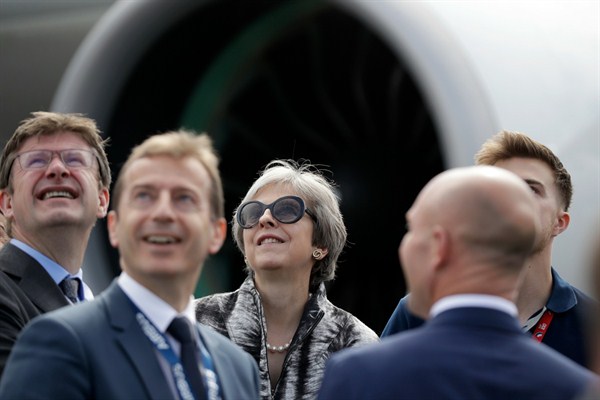More than two years after narrowly approving a referendum to leave the European Union, the British are discovering that asserting national sovereignty is less straightforward than the proponents of Brexit promised. Leaders of the “Leave” campaign in 2016 painted the issue in black and white. Britain had subordinated its sovereignty to Brussels, not least its authority to control its own borders. A fully independent Britain would regain those rights, while also negotiating a favorable, bespoke trade agreement with the EU’s remaining 27 members. With only seven months left before the deadline to leave the EU, it is clear that this scenario was a fantasy. Britain is experiencing the trade-offs inherent in modern national sovereignty.
Frequently invoked but rarely understood, “national sovereignty” is a lightning rod in many countries, notably the United States, where it animates much of President Donald Trump’s foreign policy. It connotes qualities of statehood that are both inherent and sacred: namely, complete political independence, freedom of action both at home and abroad, and the ability to control the nation’s destiny. The practical dilemma is that these three components of sovereignty—call them authority, autonomy and influence—do not always go together.
Nations may join supranational organizations, like the EU, that help them shape their fate, at a partial sacrifice of constitutional independence. They may join international organizations like the World Health Organization or the World Trade Organization that preserve their political authority but entail some voluntary restraints, because collective action allows them to accomplish ends they could never realize alone.

